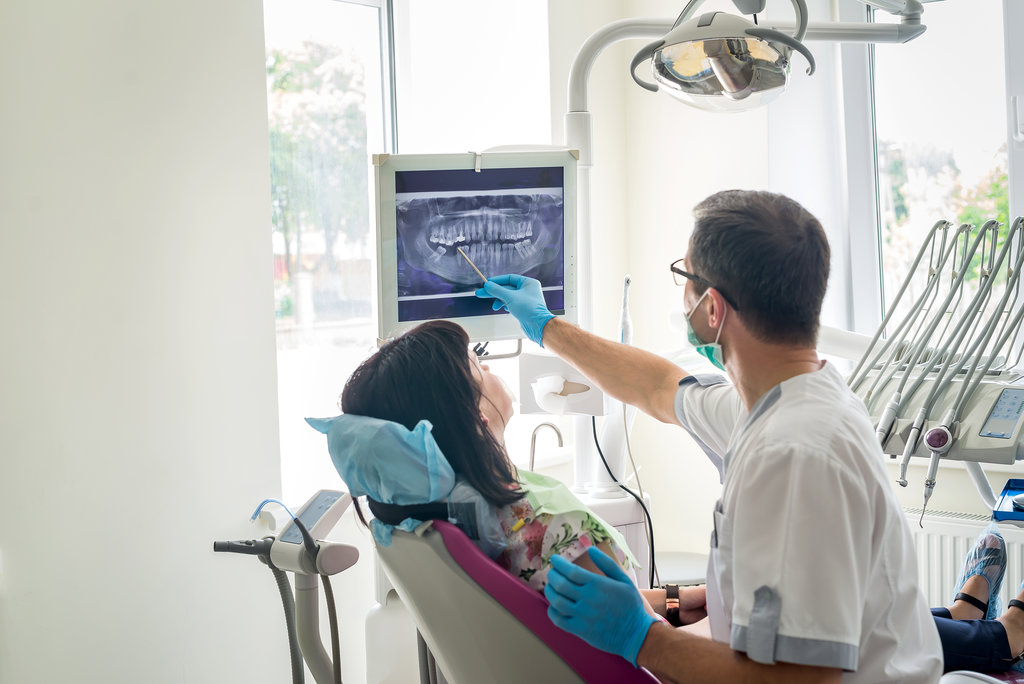
When accidents happen, your immediate concern is likely focused on serious injuries to your body. However, dental trauma is one of the most overlooked yet critical injuries that requires quick action. Whether you’ve been in a car accident, suffered a sports injury, or experienced a fall, damage to your teeth and mouth can have lasting consequences if not addressed swiftly with professional attention.
At Drs. Chin & Pharar Dentistry, we understand that dental emergencies can be frightening and overwhelming. Our team has extensive experience treating complex medical cases and trauma patients, providing the specialized care you need when every minute counts.
Recognizing Common Types of Dental Trauma
Dental trauma can extend from minor chips to complete tooth loss. Understanding what you’re dealing with helps you respond appropriately and communicate effectively with emergency responders and dental professionals.
Tooth Fractures and Chips
Even seemingly minor chips can expose the inner pulp of your tooth, leading to pain and potential infection. Larger fractures may affect the tooth’s root or pulp, requiring immediate intervention to save the tooth.
Knocked-Out Teeth
Complete tooth loss is one of the most urgent dental emergencies. The American Dental Association recommends always keeping a knocked-out tooth moist. If possible, place the tooth back into the socket without touching the root. If this is not feasible, you can place it between your cheek and gums. Time is crucial in these situations as the chances of successfully reimplanting a tooth decrease significantly after the first hour.
Loose or Displaced Teeth
Teeth that have been pushed out of position or feel loose may still be salvageable with prompt treatment. Avoid touching or moving the affected teeth, as this can cause additional damage to the roots and surrounding tissues.
Immediate Steps to Take After Dental Trauma
Your actions in the first few minutes after dental trauma can make a world of difference in whether you save or lose a tooth. Stay calm and follow these beneficial steps to protect your oral health:
- Control bleeding and manage pain: Apply light pressure with clean gauze or a towel to control bleeding. Rinse your mouth gently with warm salt water to clean the area, but avoid vigorous swishing that could dislodge blood clots or loose teeth.
- Preserve damaged teeth: For knocked-out teeth, handle them by the crown (the visible part) only, never by the roots. If the tooth is soiled, rinse it gently with milk or saline solution. Store it in milk, your own saliva, or a tooth preservation kit if available.
- Seek professional care immediately: Contact your dentist or visit an emergency dental clinic as soon as possible. Even if the damage seems minor, internal injuries to the tooth’s pulp or roots may not be immediately evident but can lead to serious complications if left untreated.
Remember that taking these immediate steps dramatically improves your chances of a successful outcome and may save you from more complex and costly treatments down the road.
What to Expect During Emergency Dental Treatment
Understanding the emergency treatment process can help ease anxiety during an already stressful situation. Our approach prioritizes preserving your natural teeth whenever possible, while ensuring your comfort throughout the procedure.
Modern dental emergency care utilizes advanced imaging technology to assess damage that isn’t visible to the naked eye. We may take X-rays to check for root fractures, bone damage, or other internal injuries. Treatment options range depending on the type and severity of trauma, ranging from simple bonding for minor chips to complex procedures for severely damaged teeth.
Pain Management and Sedation Options
We understand that dental trauma can be painful and anxiety-provoking. Our practice offers various sedation options to help you feel comfortable during treatment, allowing us to provide thorough care while minimizing your discomfort.
Long-Term Considerations and Follow-Up Care
Dental trauma often requires ongoing monitoring and care, even after initial treatment. Some complications, such as root resorption or pulp necrosis, may not develop until weeks or months after the initial injury.
Regular follow-up appointments enable us to monitor your healing progress and identify potential issues early. We’ll work with you to develop a long-term treatment plan that restores both function and appearance while preventing future complications.
Many patients worry about the appearance of their smile after dental trauma. Fortunately, modern restorative techniques can often achieve excellent aesthetic results, helping you regain confidence in your smile while maintaining optimal oral health.
Get Expert Emergency Dental Care When You Need It Most
Dental trauma is unpredictable and can happen to anyone at any time. Having a trusted dental team that understands the urgency and complexity of these situations provides invaluable peace of mind. Dr. Robert Chin and Dr. Jessica Pharar have completed advanced post-doctoral training programs that prepared them to handle complex dental emergencies and medically complicated cases. Our practice is outfitted with the latest technology and techniques to provide comprehensive emergency care, and we understand that dental trauma can be both physically and emotionally challenging.
We’re committed to providing compassionate, expert care during these difficult times, taking the time needed to ensure the best possible outcome for your oral health. If you’ve experienced dental trauma, don’t wait to seek treatment—your quick action, combined with our advanced training and experience, can make all the difference in preserving your smile. Contact us immediately at (702) 445-7075 or use our contact form for assistance.